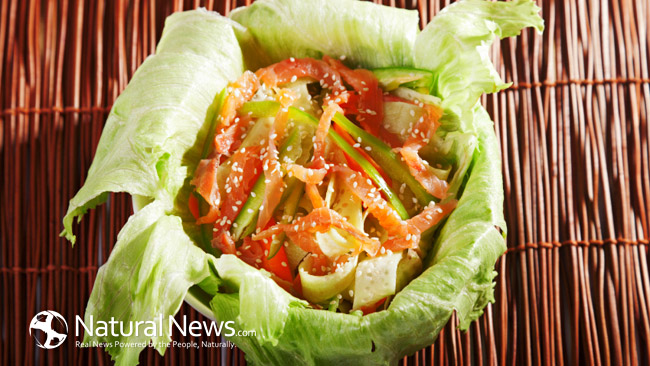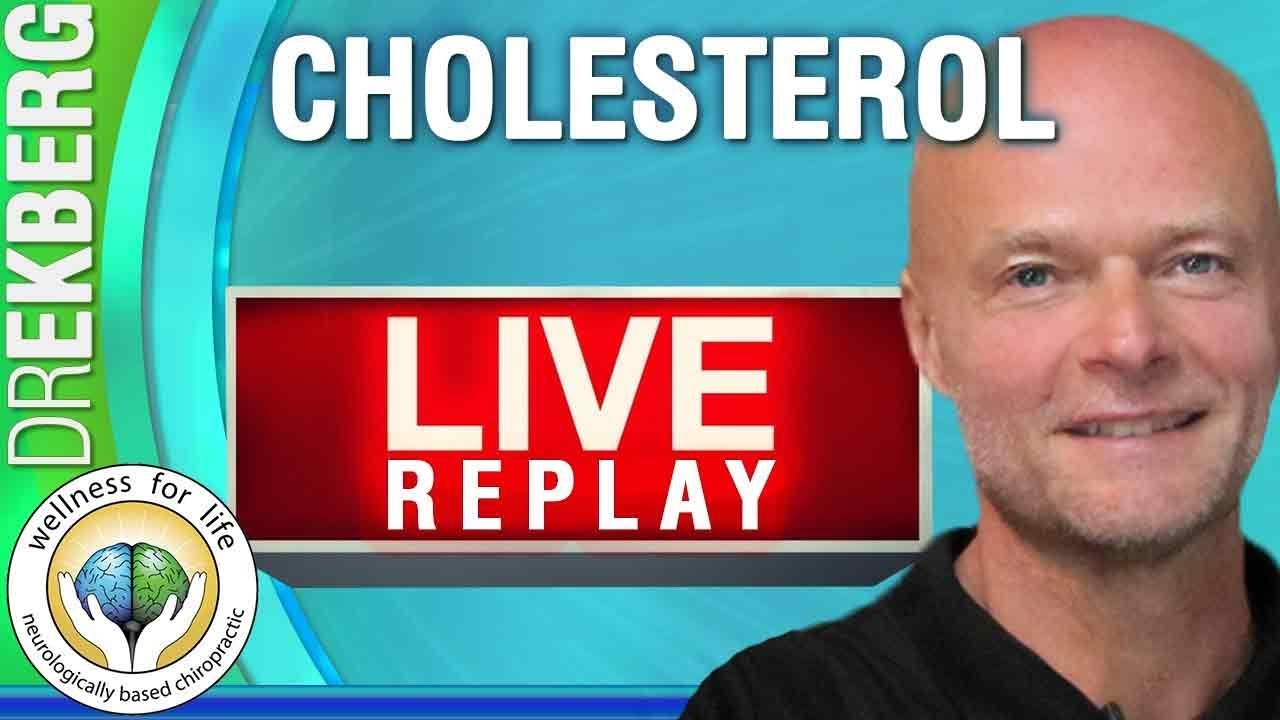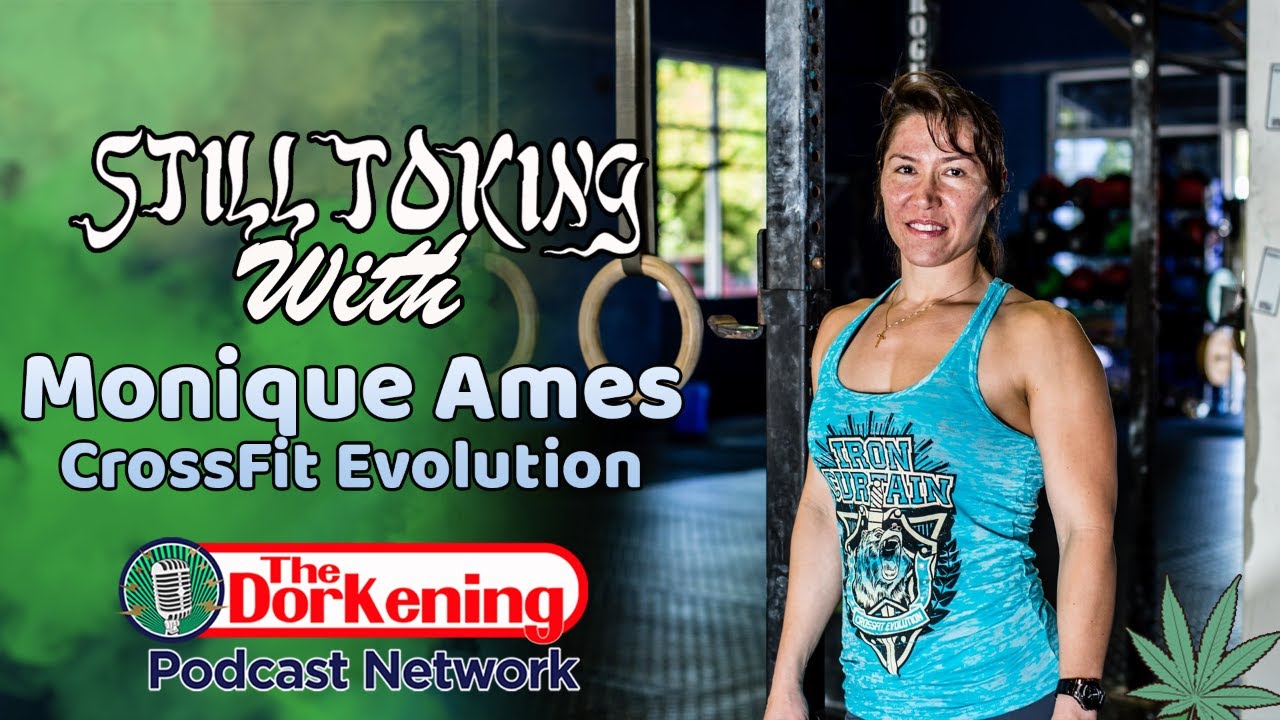Food is such a prevalent part of our life which can affect our mood, time, body shape, and overall health. The choices are endless when it comes to what we put in our mouths, and for some that decision leaves meat out of the picture. People might make their plate based on religion, their health status, or as part of their environmental beliefs. Two types of eating have become popular meatless options, but the difference between these two diets is often misunderstood. There is a meatless comparison when it comes to vegetarian and vegan diets.
Vegetarian
People who follow a traditional vegetarian diet do not eat meat that has been slaughtered or any type of animal by-product that has been slaughtered. This includes fish, shellfish, and poultry. This leaves foods mostly consisting of vegetables, fruits, grains, nuts, and seeds. Considering yourself a vegetarian type eater can actually be defined a few different ways. The vegan diet is a sub category of vegetarian. Here’s the breakdown:
- Vegan: eat absolutely no animal products at all.
- Ovo vegetarians: the only animal product they eat are eggs.
- Lacto vegetarians: do not eat animal products but do have dairy.
- Lacto ovo vegetarians: do not eat animal products but do have dairy and eggs.
Vegan
Some consider vegan the strict form of being a vegetarian. Animal cruelty is of major popular concern, but of course eating this way is a personal choice for a number of reasons. No animal products in any way, shape, or form are consumed. This includes honey (from bees), whey (dairy protein), and casein (dairy protein) which are products readily found in many food sources. Other items left out include gelatin (collagen from animals), albumin (egg white), pepsin (digestive enzyme from animal products), and carmine (red dye from insects).
Why meatless
Both diets avoid animal products, but the underlying belief behind this choice might be different. Either could be for health. Either could be for the environment. Vegetarians are willing to still eat animal by products Some vegetarians will still only eat animal by products as long as the animals are living in proper conditions. This is the opposite for vegans. Generally, vegans are completely opposed to animals being used for anything human related such as clothing, entertainment, or for science. It does not matter where or how the animals are raised.
Nutrient line up
The choice to eat a diet rich in vegetables, fruits, grains, nuts, and seeds creates an eating regimen full of nutrient-dense foods. These items are loaded with minerals, vitamins, and fiber. These items are also low in saturated fat and cholesterol of course when eaten in moderation. Nuts and avocados in excess do constitute fat in the body. On the other hand, some nutrients are lacking. These include vitamin D, iron, zinc, calcium, and omega 3 fatty acids.
Plan ahead
Planning ahead and making sure you are meeting appropriate macro nutrient levels in proper proportion is important when choosing these diets. For example, yes nuts do contain protein, however using them to meet protein needs can result in high fat intake. Having too many grains results in over consumption of carbohydrates. This means that like any eating plan, we have to watch what we eat, particularly how much. Vegetarians and vegans certainly eat clean. Fill your plate with what suits your body and beliefs best and remember to add in exercise to compliment the healthy choices.
https://www.ncbi.nlm.nih.gov/pubmed/22717188
https://www.ncbi.nlm.nih.gov/pubmed/21139125
https://www.ncbi.nlm.nih.gov/pmc/articles/PMC4073139/



